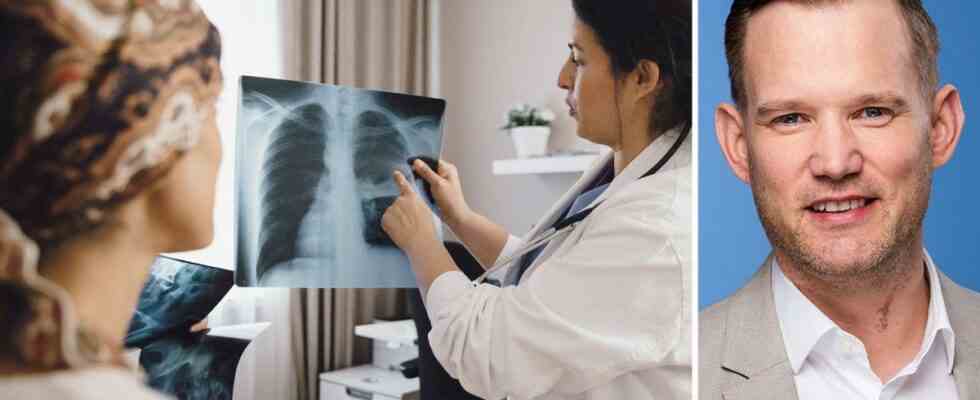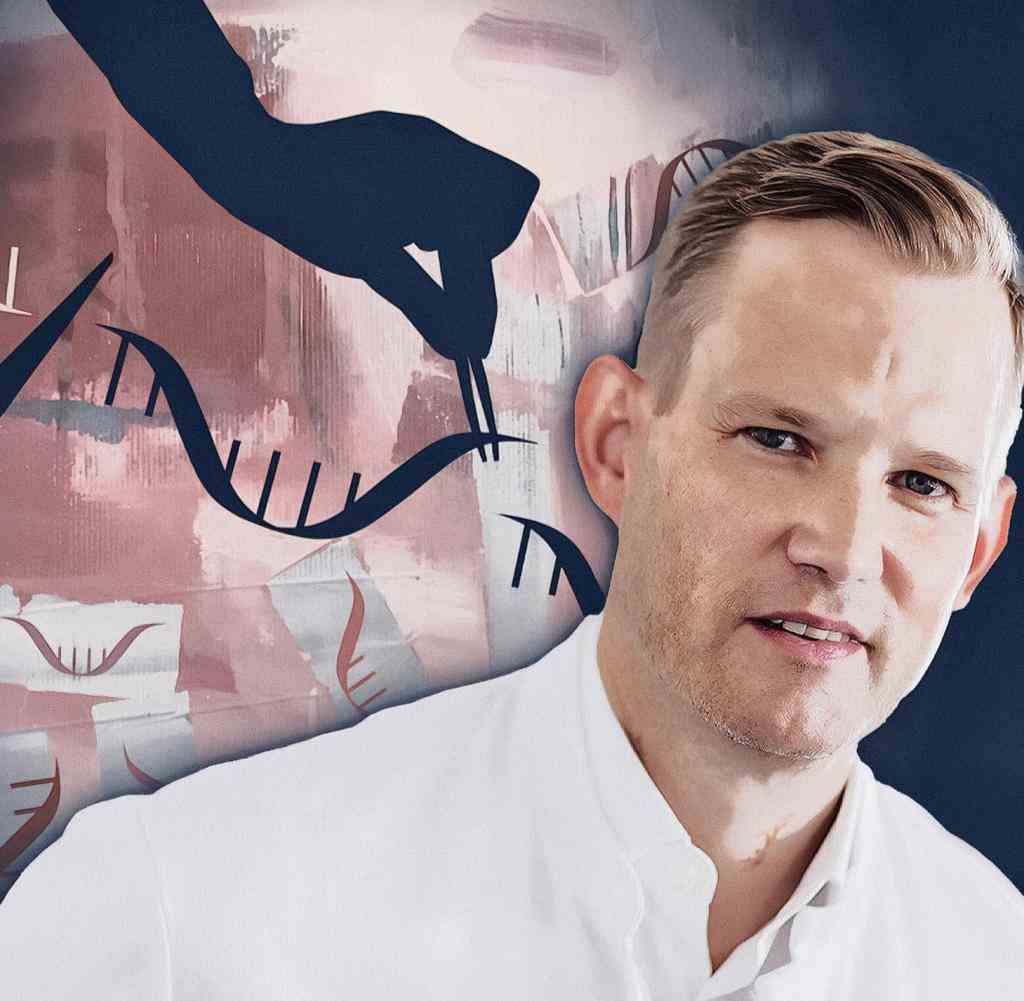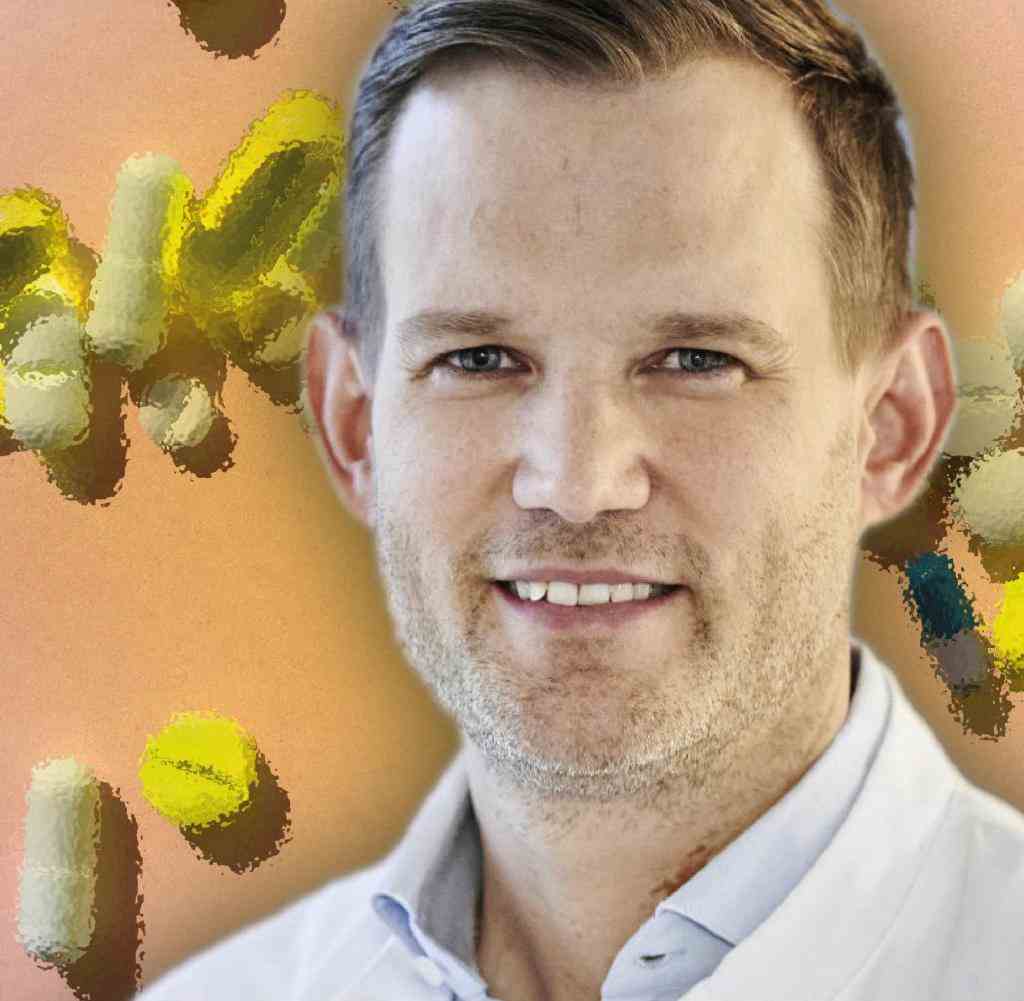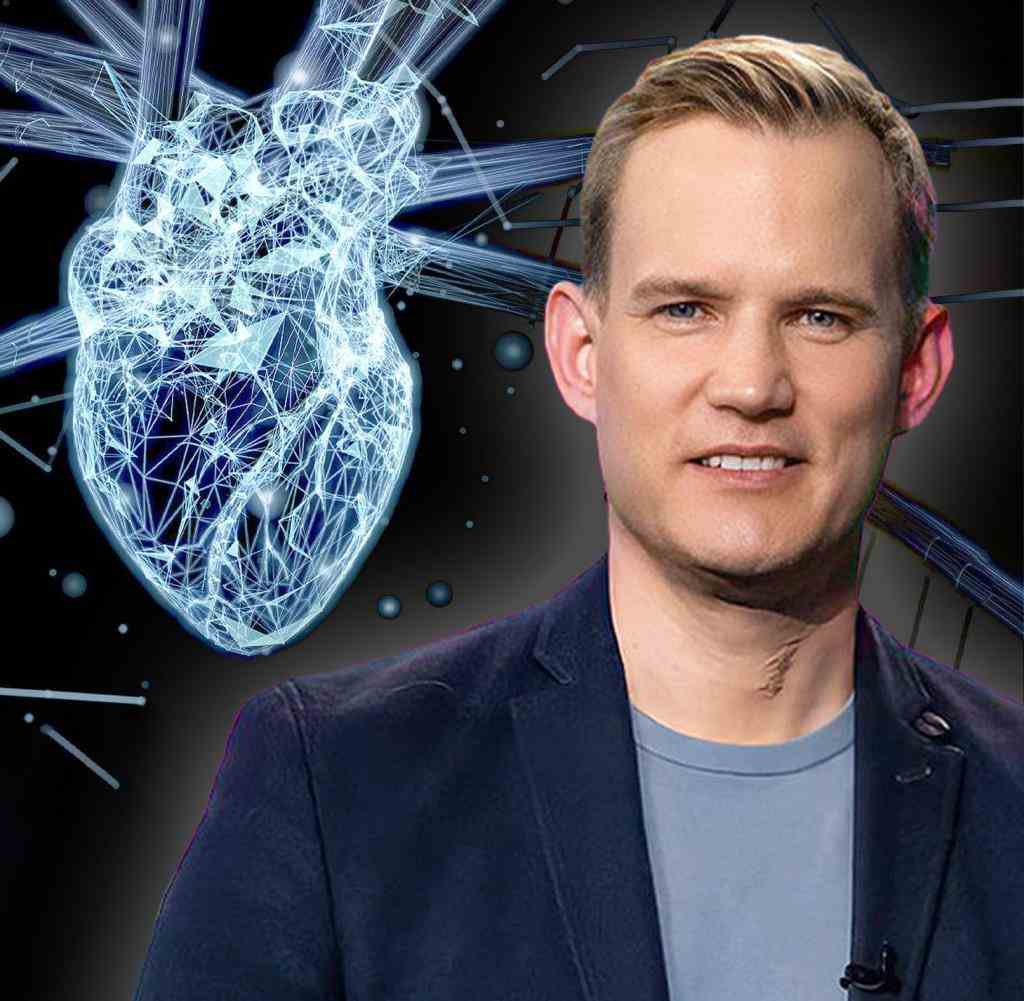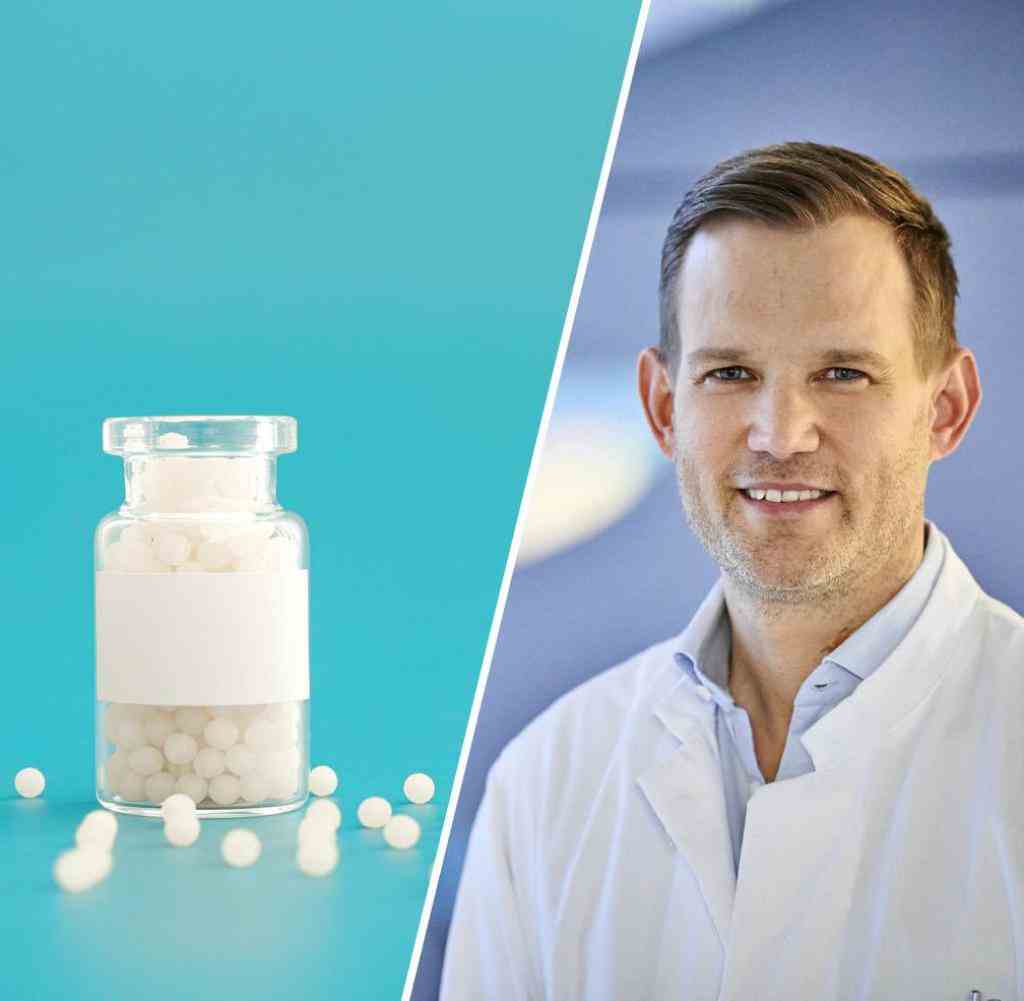“Preventive Medical Checkups Can Save Lives”
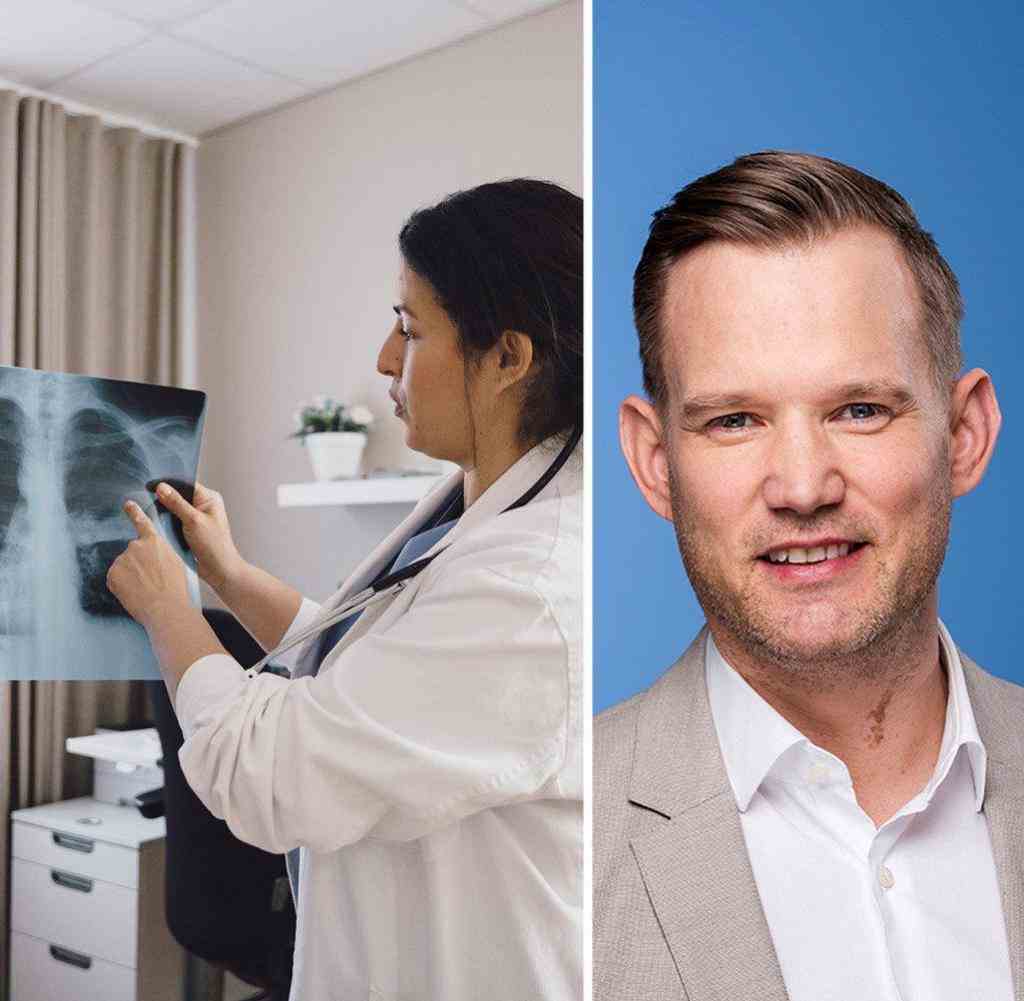
Only 62 percent of Germans take advantage of preventive services, explains virologist Hendrik Streeck
Credit: Maskot/Getty Images; Kirsten Nijhof/picture alliance/dpa central image
Men in particular are reluctant to go to examinations such as the prostate check. Virologist and WELT expert Hendrik Streeck explains what men and women can scan for themselves – and when you should go to the doctor.
GSTDs, heart attacks, dementia – every Friday at 5:40 p.m., Professor Dr. Hendrik Streeck from the Bonn University Hospital and WELT presenter Franca Lehfeldt on medical questions and phenomena suitable for everyday use on WELT on television. This time it’s about prevention and early detection of cancer.
WORLD: In addition to fear and comfort – why do people avoid preventive medical check-ups?
Henrik Streeck: It’s amazing, only 62 percent of Germans take advantage of preventive services, but 85 percent of German car owners have had their cars inspected in the last two years. Apart from these shifted priorities, people often do not know which check-ups are actually due. We do some things as a matter of routine, such as vaccinations or visiting the dentist. It’s different with cancer check-ups, because many don’t know which check-up it is. And then there is the fear of the results.
WORLD: Does this fear affect everyone equally?
stretch: The fear of preventive medical check-ups, i.e. actually the fear of the positive results, is mainly felt by men. Interestingly, men also find preventive medical check-ups somewhat more important than women.
WORLD: Some examinations are easy for us – like the skin cancer check at the dermatologist’s. Are there examinations that are particularly avoided?
stretch: We particularly like to avoid unpleasant examinations – right up there are prostate examinations for men and colonoscopies, which are intended for everyone over 50 years of age. The sad truth, however, is that according to a large health insurance company, only 2.9 percent of women and even only 2.5 percent of men carry out colonoscopy for cancer screening. There’s still a lot of room for improvement.
WORLD: What can I protect myself against by taking precautions?
stretch: Therapies are getting better and better, but of course the chances of recovery and survival are significantly better if a disease is discovered in the early stages. Cancer can be cut out completely in the early stage and in the best case and the person can be cured. In addition, the treatment is less stressful for the patient – a healed person is of course also less stressful for the health system.
WORLD: Can that be understood in the figures?
stretch: Absolutely, because studies now assume that around one million Europeans missed their cancer screening during the pandemic. Unfortunately, one has to expect that many cancers will only be recognized at a later point in time. Of course, that also affects the chances of recovery – and will be a burden from the pandemic that we will feel for a long time to come.
WORLD: How can I prevent myself from forgetting the appointments?
stretch: The offers are now very diverse. The health insurance companies often offer very good overviews on their websites, there are also apps – and talking to the family doctor can also help not to miss the important appointments.
WORLD: Apart from the medical examinations – are there also things that I can examine myself?
stretch: It is important that we know our own body. We can keep an eye on our skin and pay attention to changes – and possibly also document them photographically. For example, women can also feel their breasts and look for lumps or indentations. And men can keep an eye on their testicles. If in doubt, we should always consult the family doctor.
WELT HEALTH every Friday at 5.40 p.m. on WELT. After the broadcast, the program is also available in the media library and the TV app available.
Here you can watch the two episodes on “vaccinations” and “body tuning”:
vaccinations
Hendrik Streeck knows that what happened during the corona pandemic did not necessarily increase confidence in vaccinations. Nevertheless, they are important. The virologist and WELT TV expert answers the most important questions about vaccinations, booster vaccinations and vaccinations for children.
Tuning for the body
Self-optimization, which sounds like science fiction, is behind terms such as “body tuning” or “human upgrade”: babies with more resilience or implanted chips in their hands that can be used to pay at the checkout. Virologist and WELT TV expert Hendrik Streeck explains.
“Aha! Ten minutes of everyday knowledge” is WELT’s knowledge podcast. Every Tuesday and Thursday we answer everyday questions from the field of science. Subscribe to the podcast at Spotify, Apple Podcasts, deezer, Amazon Music or directly via RSS feed.

